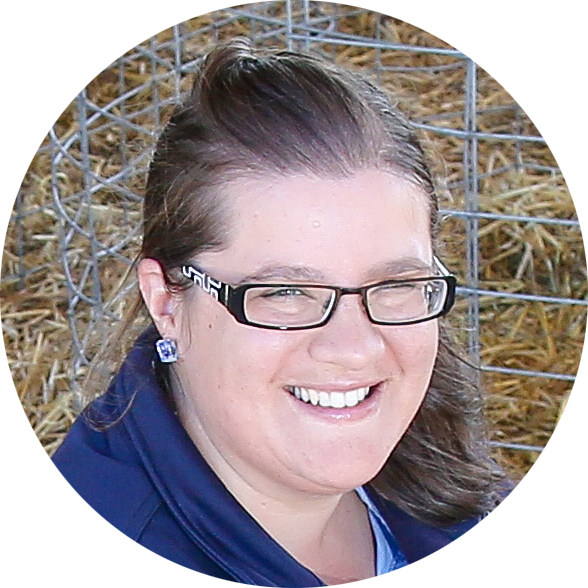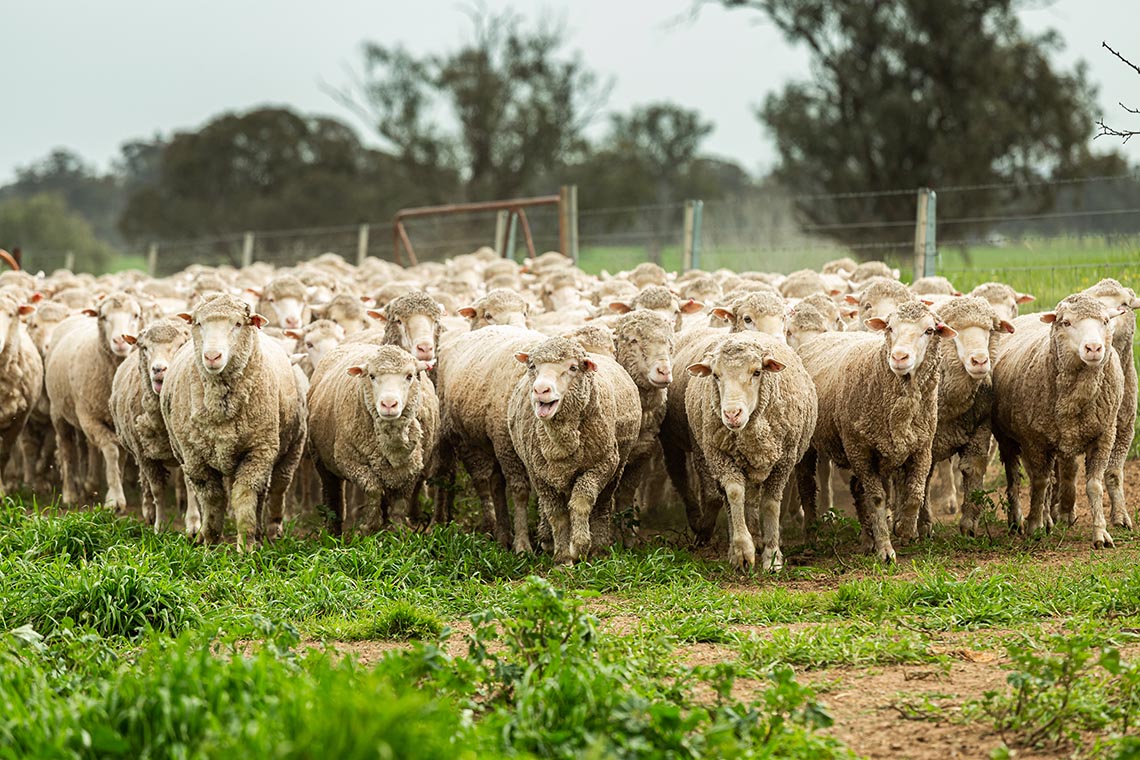Which OJD approach is best for you?
 PRODUCTION ADVICE - DECEMBER 2020 - ANIMAL BIOSECURITY & WELFARE
PRODUCTION ADVICE - DECEMBER 2020 - ANIMAL BIOSECURITY & WELFARE
By Linda Searle
District Veterinarian
Ph: 03 5881 9919 | M: 0427 629 740 | E: linda.searle@lls.nsw.gov.au
 Ovine Johne’s disease (OJD) is a chronic wasting disease of sheep caused by infection with a bacteria called Mycobacterium avium subsp. paratuberculosis. It has a long incubation period and there is no treatment or cure. This means the focus is on preventing clinical cases within a flock or stopping infection from entering a flock in the first place.
Ovine Johne’s disease (OJD) is a chronic wasting disease of sheep caused by infection with a bacteria called Mycobacterium avium subsp. paratuberculosis. It has a long incubation period and there is no treatment or cure. This means the focus is on preventing clinical cases within a flock or stopping infection from entering a flock in the first place.
Over the last couple of years, there have been some major changes to the management of OJD in Australia. Most of the Regional Biosecurity Plans have been discontinued, including the Riverina Sheep Biosecurity Area. This has largely been due to the deregulation of OJD in South Australia and Queensland and the ending of the National OJD Management Plan (2013-18). The management of a range of endemic diseases, including OJD, now falls under the framework set out by the Sheep Health Project.
So, what are your options for preventing or managing OJD on your farm?
- On-Farm Biosecurity Plans: All Livestock Production Assurance (LPA)-accredited farmers should have a farm biosecurity plan. If you haven’t had a look at yours recently, it is worthwhile dusting it off and having a read. It should contain a section around buying in stock. By requiring a Sheep Health Declaration (SHD) prior to purchase you can better assess the OJD risk of that purchase. Sheep from SheepMAP-accredited properties, properties with negative testing for OJD in the last two years, or sheep that are approved vaccinates may all be considered lower-risk. Your plan should also include good boundary fencing for the prevention of straying stock.
- SheepMAP – the Johne’s disease Market Assurance Program: SheepMAP is the gold standard for OJD assurance. It combines a strict biosecurity plan and regular testing overseen by a private veterinarian. Being part of a SheepMAP program is a great marketing tool for identifying and promoting your low-risk OJD status. Buying from SheepMAP accredited flocks helps ensure that you are purchasing sheep which are low risk for OJD.
- Gudair® vaccination: The Gudair® vaccine is a highly effective tool in OJD management. It helps prevent deaths from OJD and reduces the shedding of bacteria from infected animals. There are two main reasons you might choose to vaccinate your sheep:
- To help protect against or control clinical OJD within a flock, and
- To increase the marketability when selling sheep.
- The vaccine only needs to be given once, ideally when lambs are younger than 16 weeks old. These lambs can be identified with a circled ‘V’ on their National Livestock Identification (NLIS) tag, making them readily identifiable as ‘approved vaccinates’. As the vaccine does not completely eliminate the shedding of the bacteria (no vaccine is 100%), buying vaccinated sheep from an infected farm could still lead to the introduction of the disease into a previously free area. If you are focusing on a prevention strategy, it may be best to ensure that vaccinated sheep are from a flock that has tested negative for OJD. If you are thinking of using the vaccine for the first time, it is important to be aware that accidental self-injection can cause serious tissue reactions. For this reason, a safety vaccinator gun and careful handling are advised to reduce the risk.
- Voluntary testing and monitoring: There are two strategies available to test for OJD on your property: abattoir surveillance, or pooled faecal culture. Abattoir surveillance, of either 150 or 500 mature sheep, can be conducted on request when sending sheep for slaughter at certain abattoirs. Alternatively, a pooled faecal culture (PFC) of 350 adult sheep can be performed by your private vet.
OJD remains a notifiable disease in NSW, but infected properties are not quarantined or restricted in how they move or sell sheep. If you have sick sheep or just want to discuss your options for OJD prevention or control, please contact your District Veterinarian by calling 1300 795 299, or dropping into a nearby Local Land Services office.